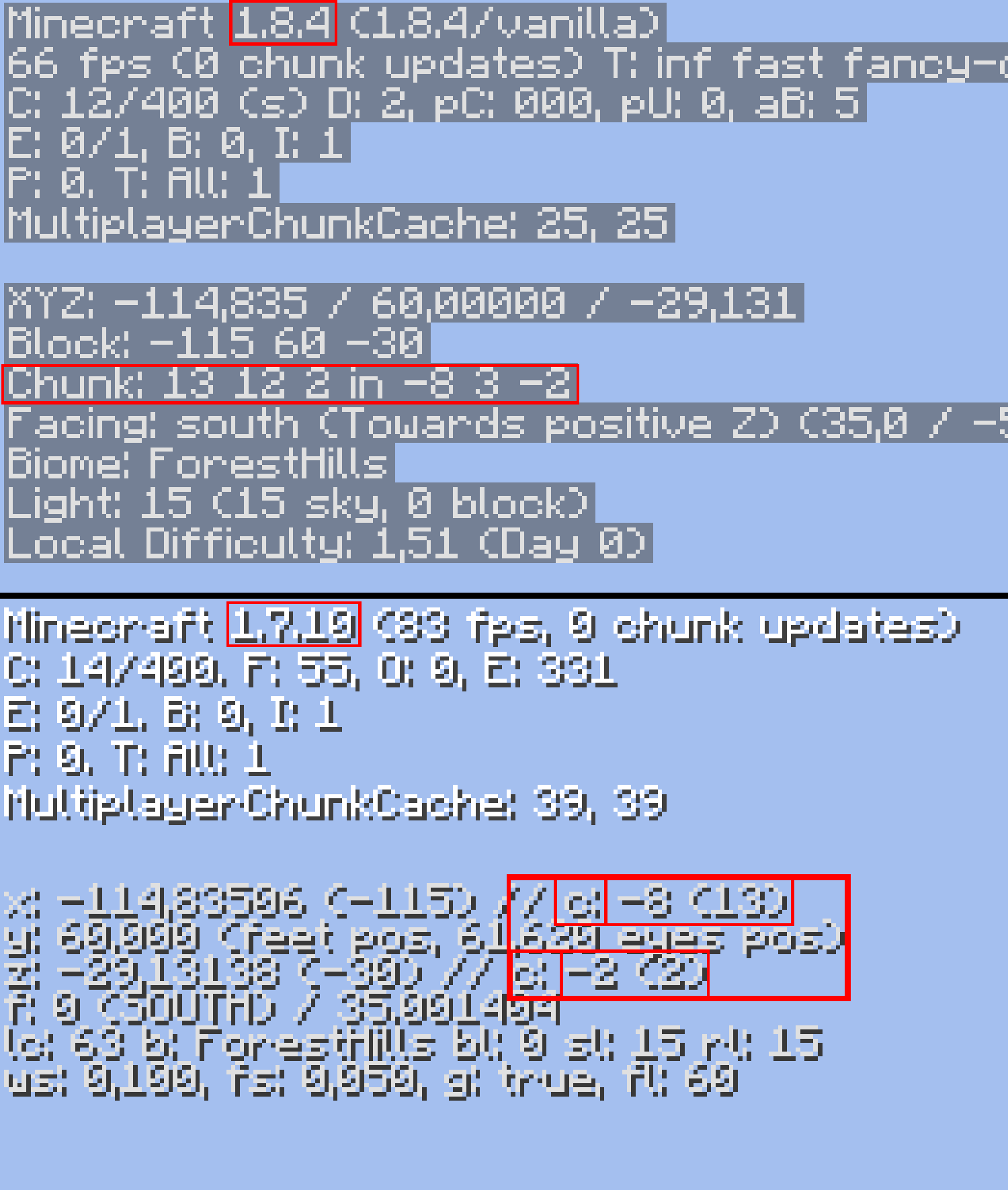
Other jar creation tools might re-introduce the issue. Recreate the JAR file ( e,g.: jar cfm jar-file META-INF/MANIFEST.MF input-file(s) ).Remove the current signature files ( e.g.: rm -f META-INF/*.SF META-INF/*.RSA META-INF/*.DSA ).Modify META-INF/MANIFEST.MF file and add a trailing “ /” to the name of the package ( e.g.: Name: org/apache/xml/resolver/).Extract the contents of the signed JAR file (e.g.: jar xf jar-file ).NOTE: We recommend use of this workaround only if the distributor of the JAR files can "re-sign" the JAR files. While we work towards resolving this issue, in the interim, users can work-around the issue as follows: The issue is observed in signed JAR files whose manifest contains package version information and does not have a trailing "/" in the name of the package (e.g.: Name: org/apache/xml/resolver). Known IssuesĪfter upgrading to the JDK July CPU release (8u141/7u151/6u161), when executing Java Webstart applications, customers may encounter an exception like “: digest missing for …” that prevents the application from loading. For more information, see JRE Expiration Date. After either condition is met (new release becoming available or expiration date reached), the JRE will provide additional warnings and reminders to users to update to the newer version. This JRE (version 8u141) will expire with the release of the next critical patch update scheduled for October 17, 2017.įor systems unable to reach the Oracle Servers, a secondary mechanism expires this JRE (version 8u141) on November 17, 2017.


Critical patch updates, which contain security vulnerability fixes, are announced one year in advance on Critical Patch Updates, Security Alerts and Third Party Bulletin. The JRE expires whenever a new release with security vulnerability fixes becomes available.

JRE Security Baseline (Full Version String)


 0 kommentar(er)
0 kommentar(er)
